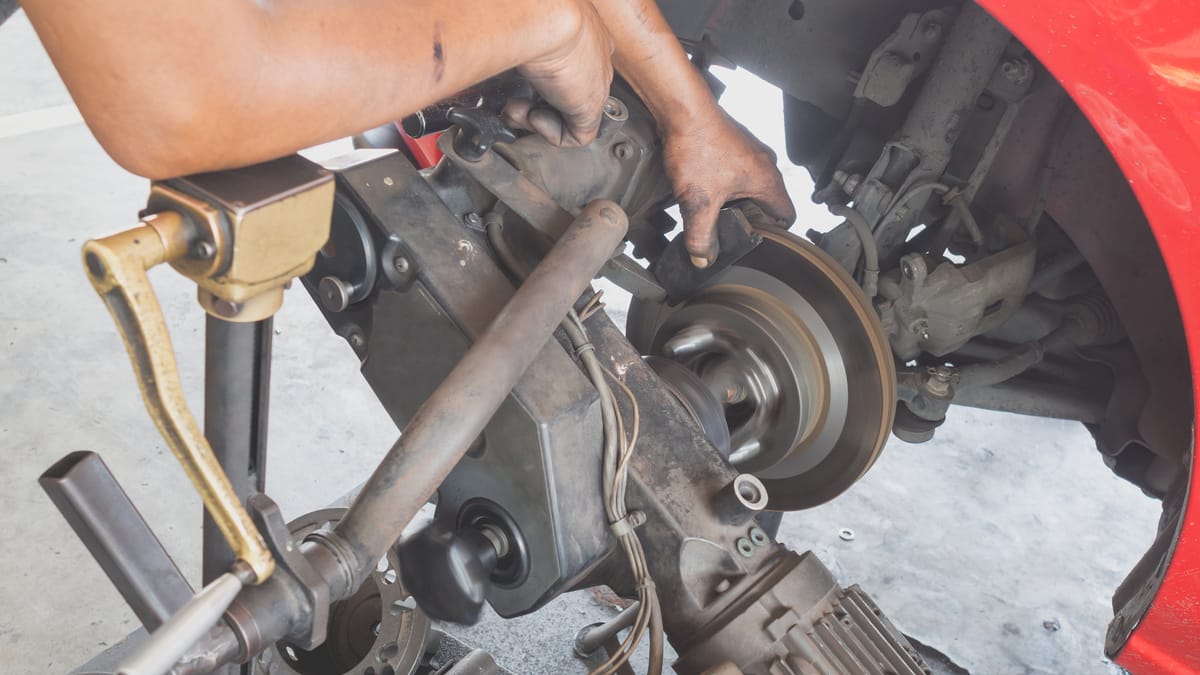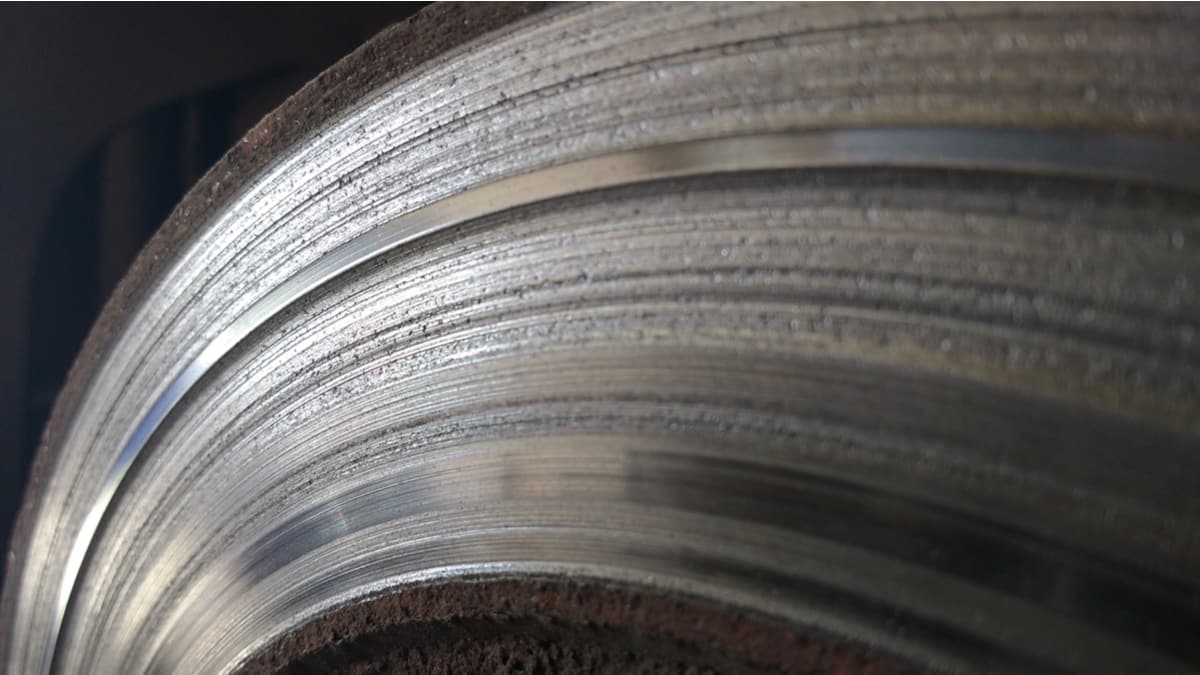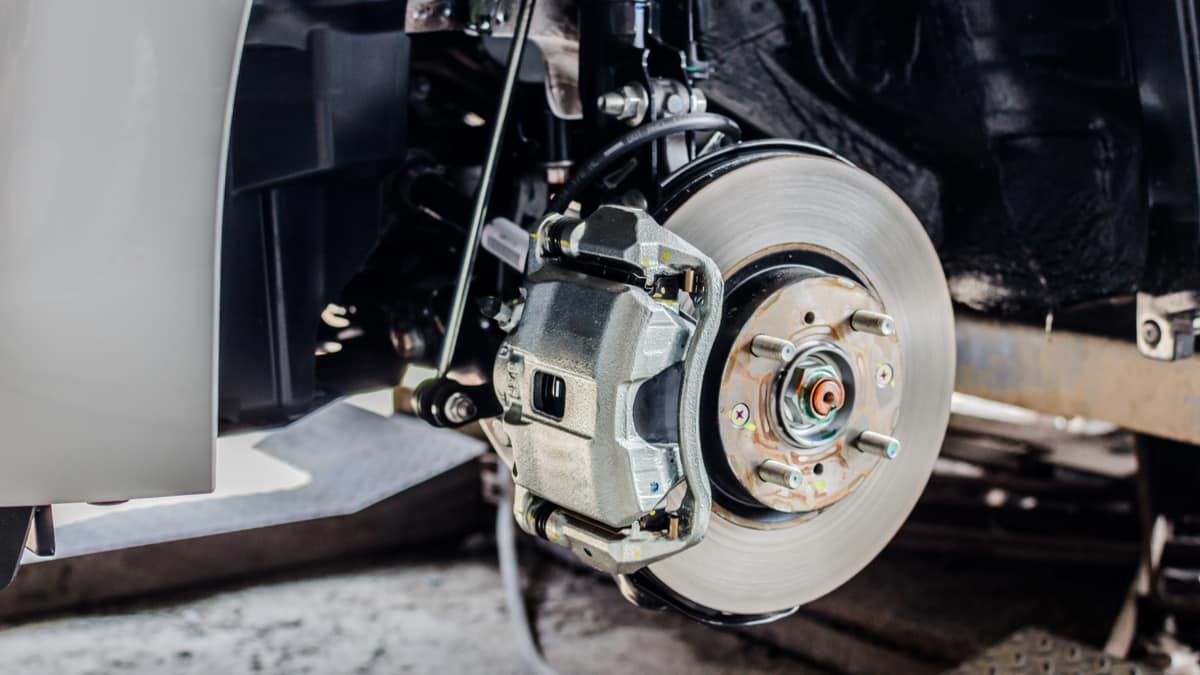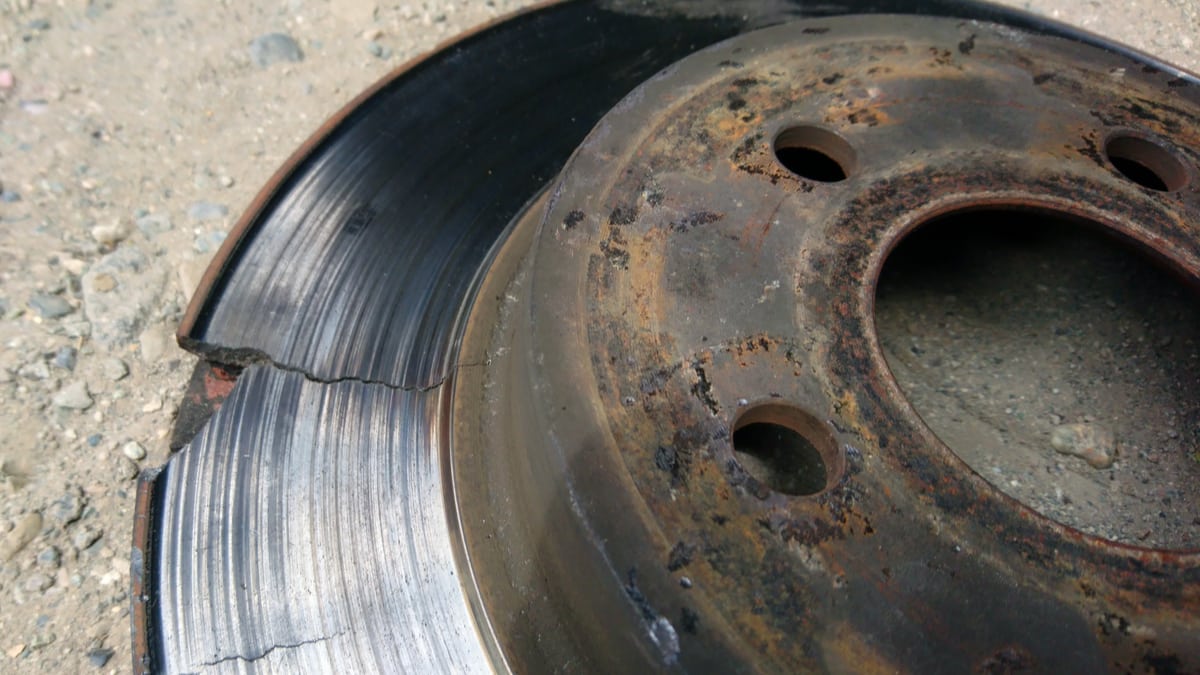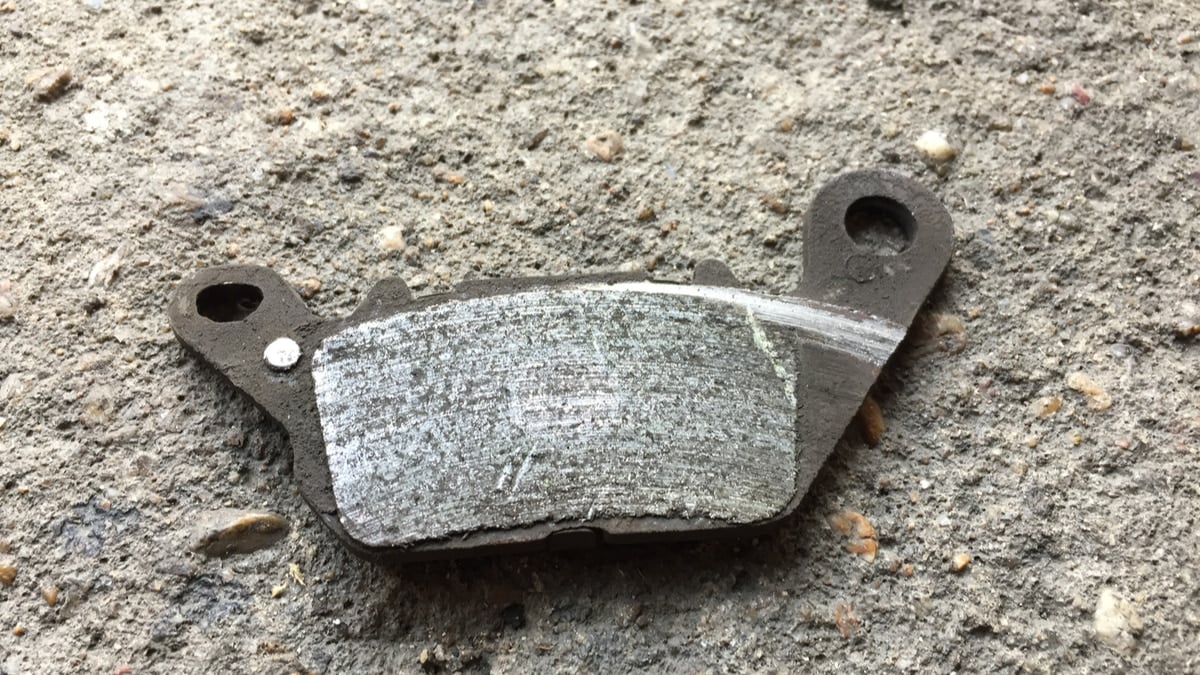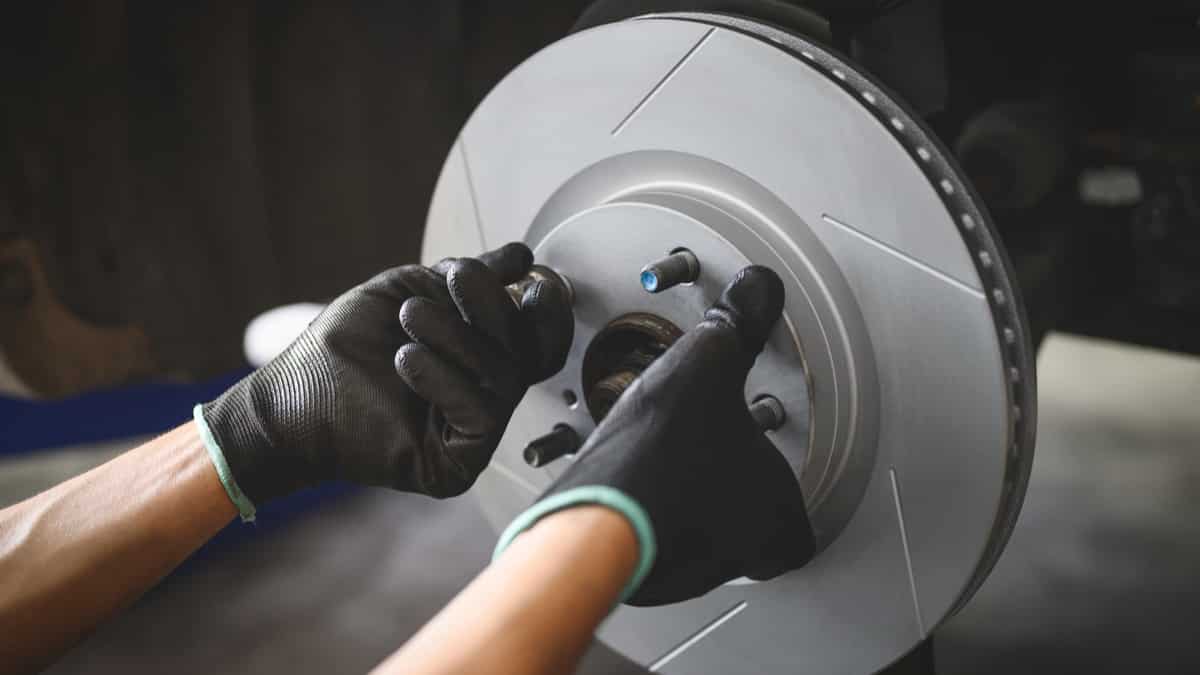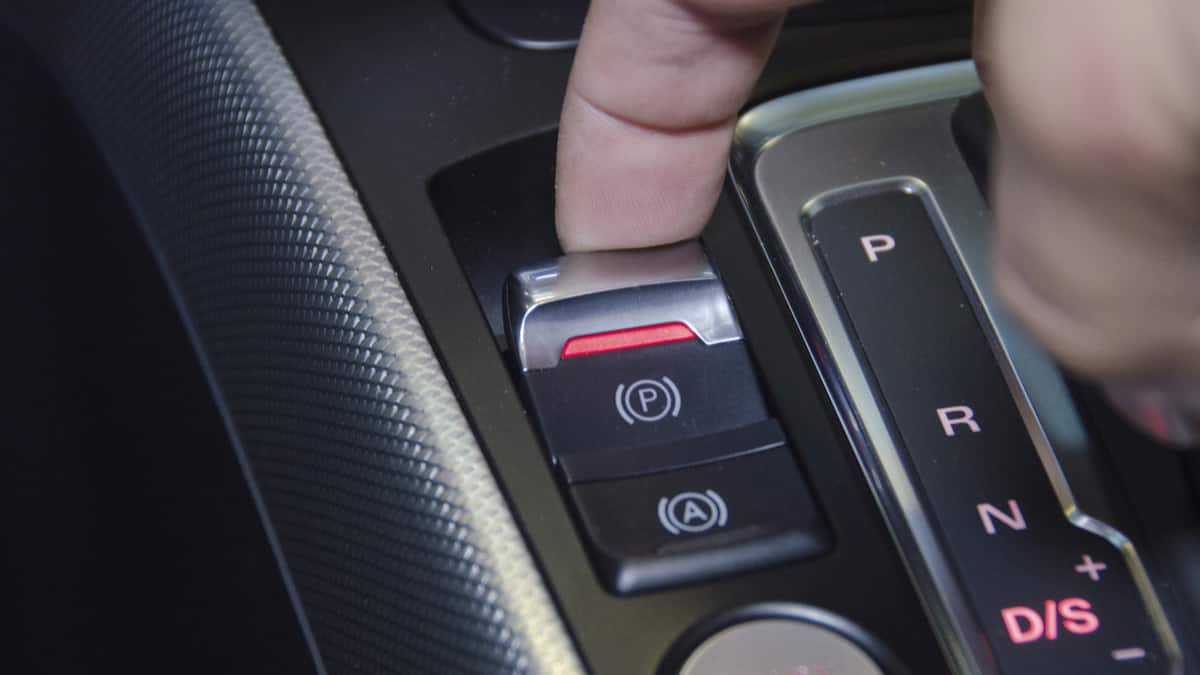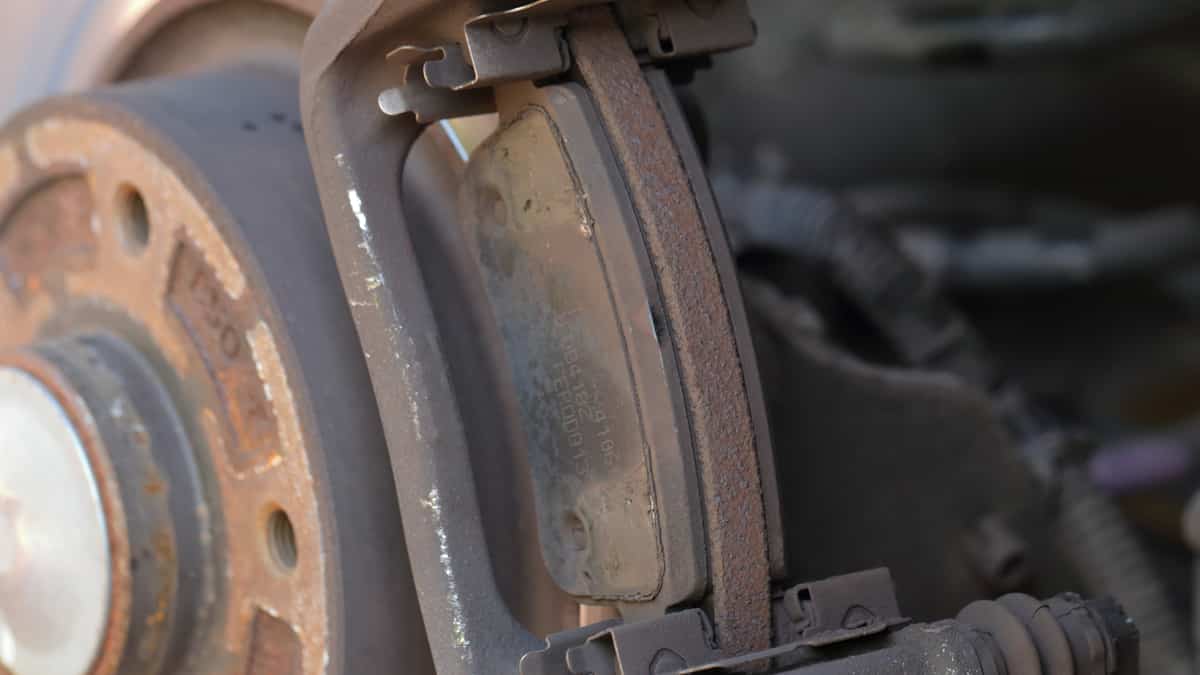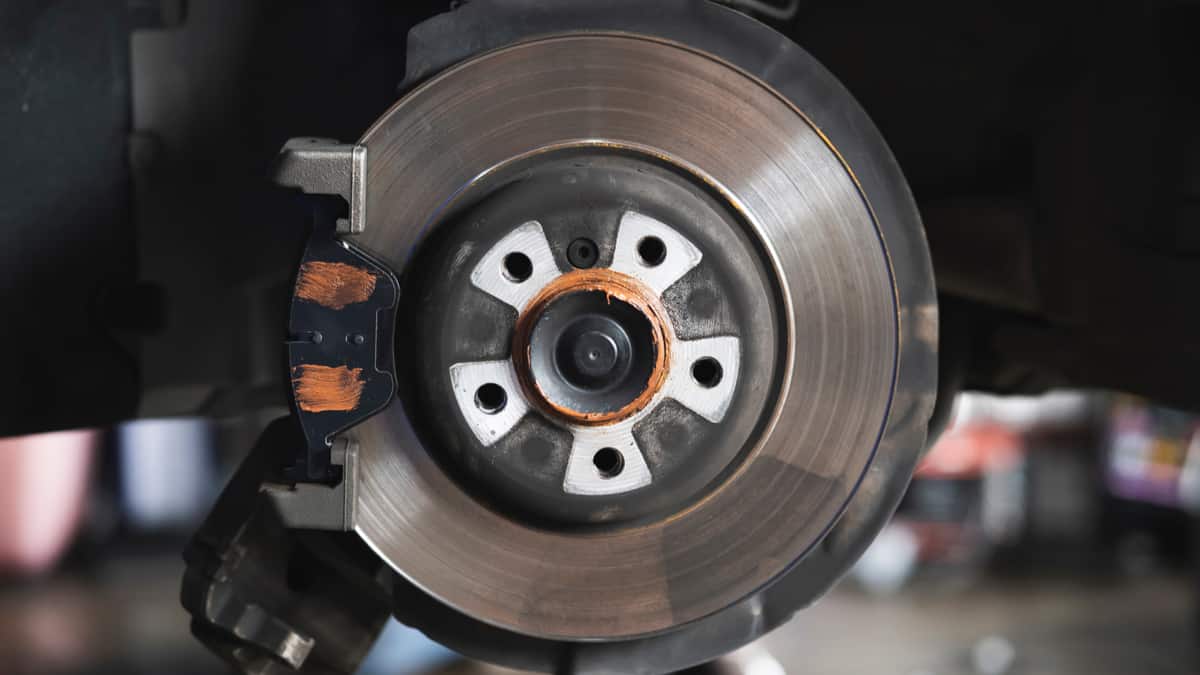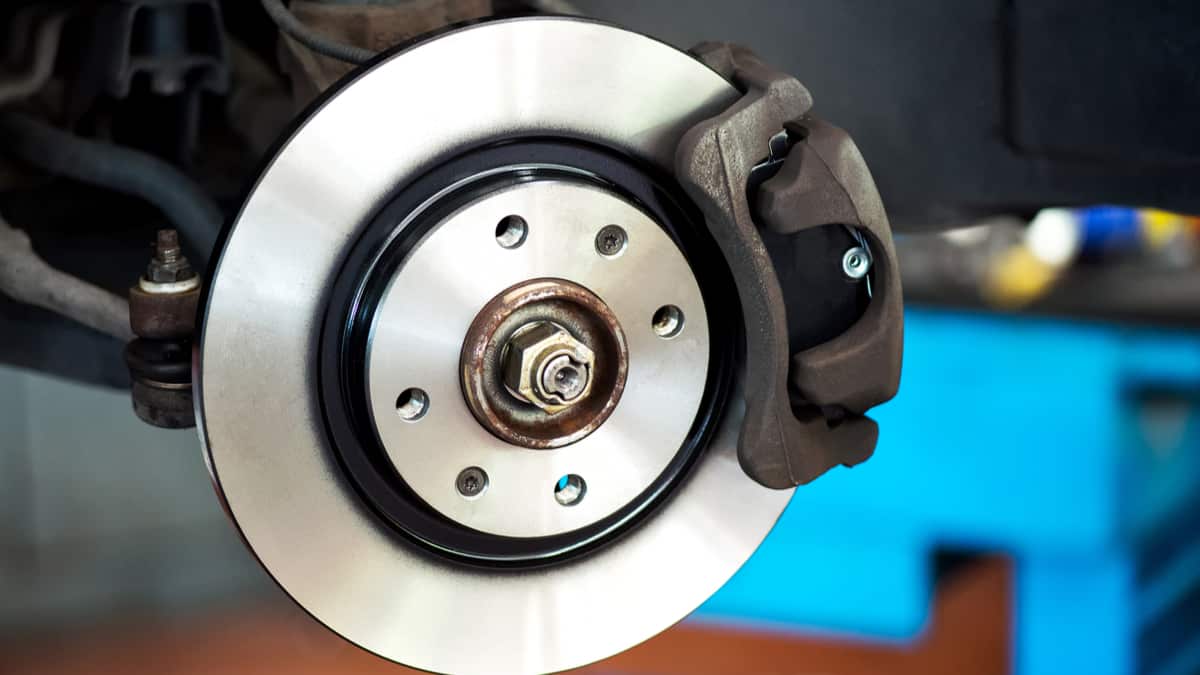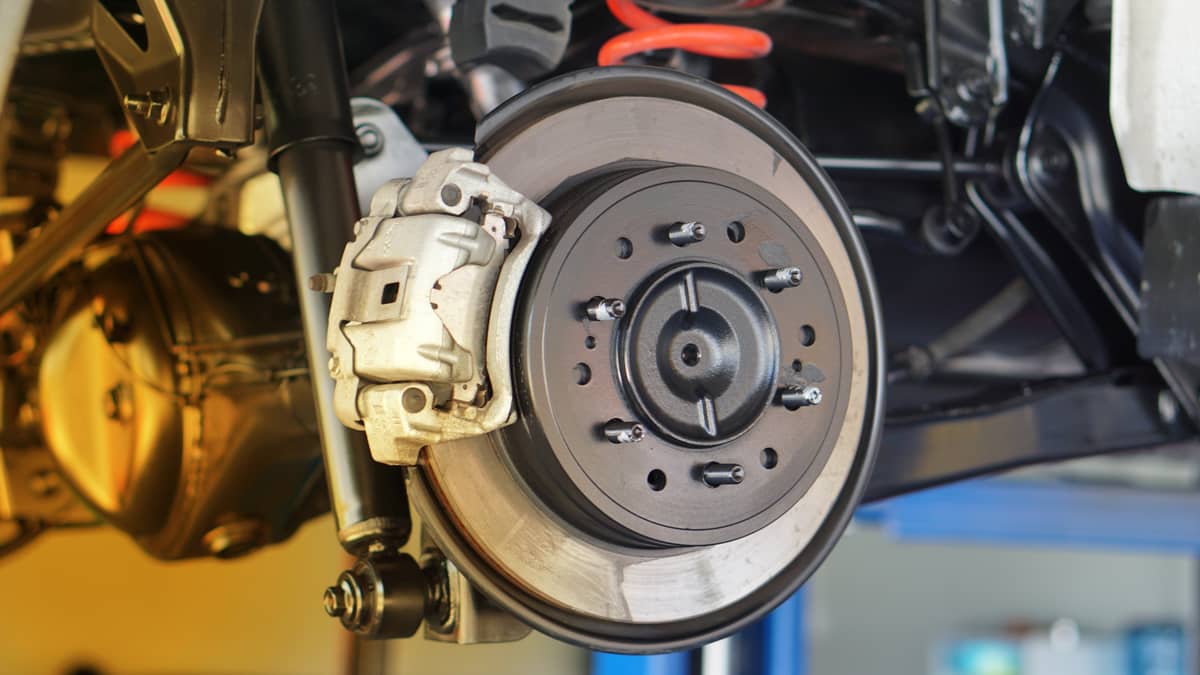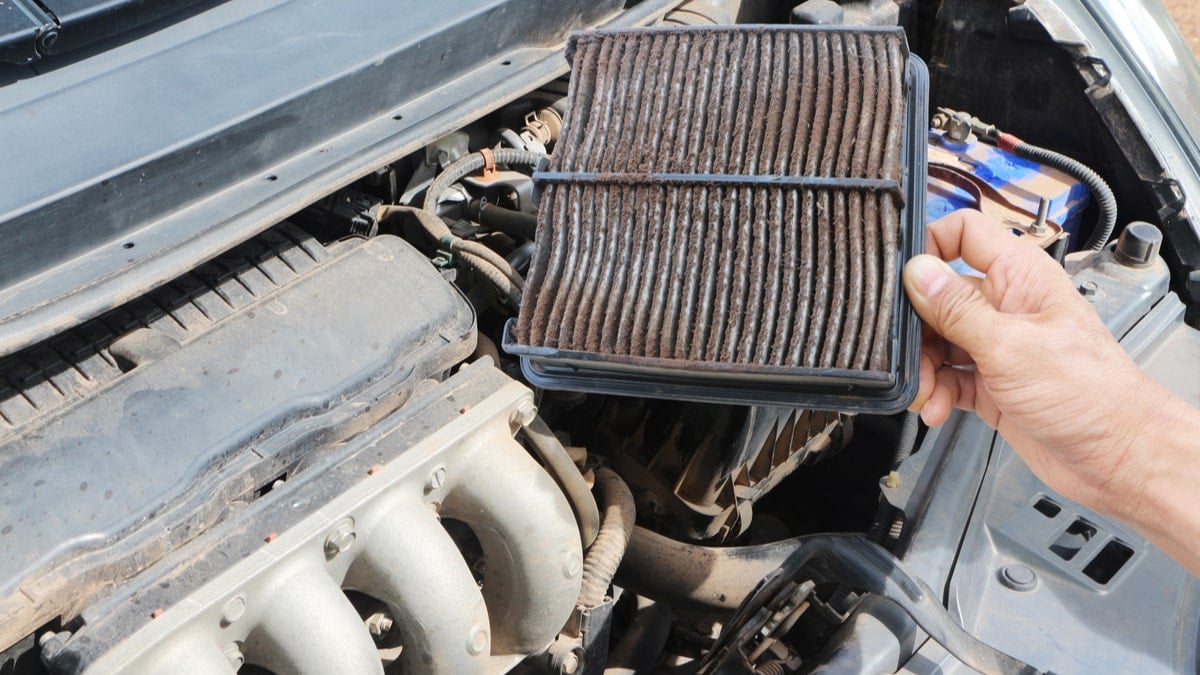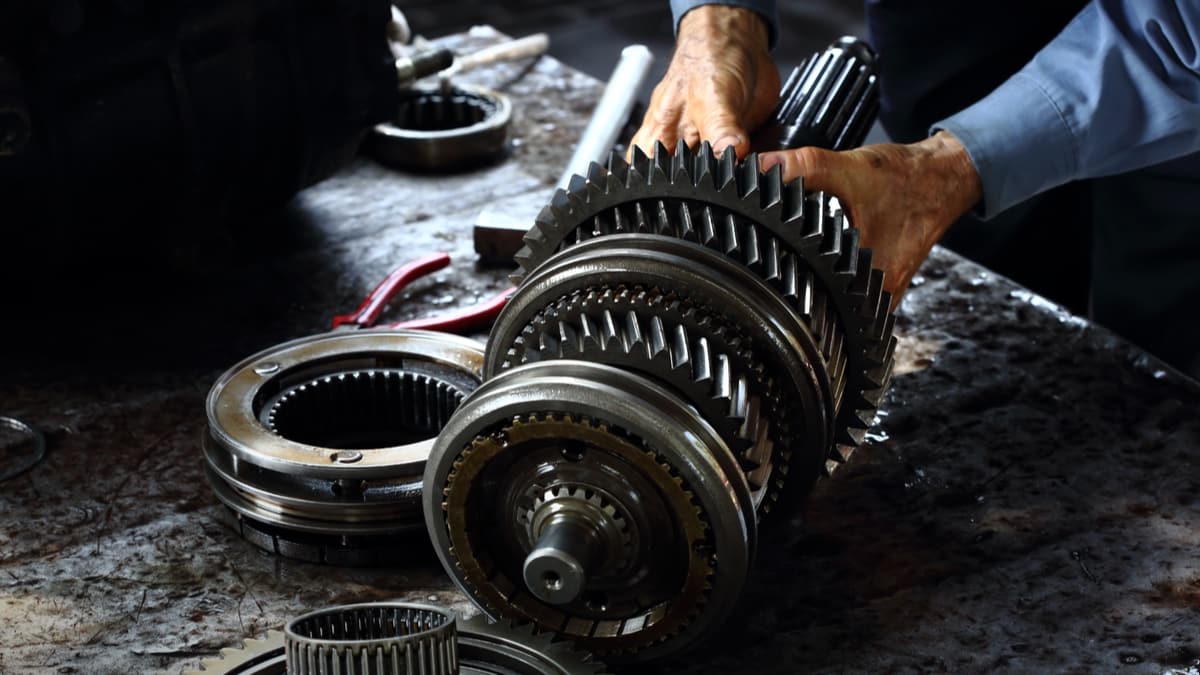Brakes need maintenance, just like your car engine. When the time comes to replace the brake pads, you will wonder whether to replace or resurface the brake rotors. Both options are good for certain circumstances, so I will perform a complete analysis of replacing vs. resurfacing your brake rotors.
In this guide, I discuss what brake rotors are and the value of either option. I also talk about when you should consider resurfacing the brake rotors instead of replacing them.
Should you resurface or replace the brake rotors?
In most cases, it’s not recommended to resurface brake rotors, and it’s better to replace them. Resurfacing will result in less material on the brake rotors, which will increase the temperature. Most car manufacturers do not recommend resurfacing the brake rotors.
However, if you have a very old and cheap car, you may want to save a little bit of money by resurfacing the rotors. Keep on reading to find a more detailed answer about the pros and cons of resurfacing vs replacing the brake rotors.
What are Brake Rotors?
The brake rotor is a vital component of the disc brake system on your vehicle. The rotor itself is heavy and made from metal. It resembles a disc connecting the wheel to the wheel hub. As the wheel rotates, the rotor also spins.
The brake pads get sandwiched on the rotor. When the brake pedal is pressed, the brake caliper, which is a hydraulic clamping part, squeezes the pads into the rotor. This action causes the friction that stops your car.
Time wears out the brake pads, which is why you need regular replacement. But the brake pads are the only part affected by friction – the brake rotors also wear down over time. As the heat from braking takes a toll on the rotors, they get thinner. When performance is diminished, you have two options – either resurface the brake rotors, or replace them.
Pros & Cons of Resurfacing Brake Rotors
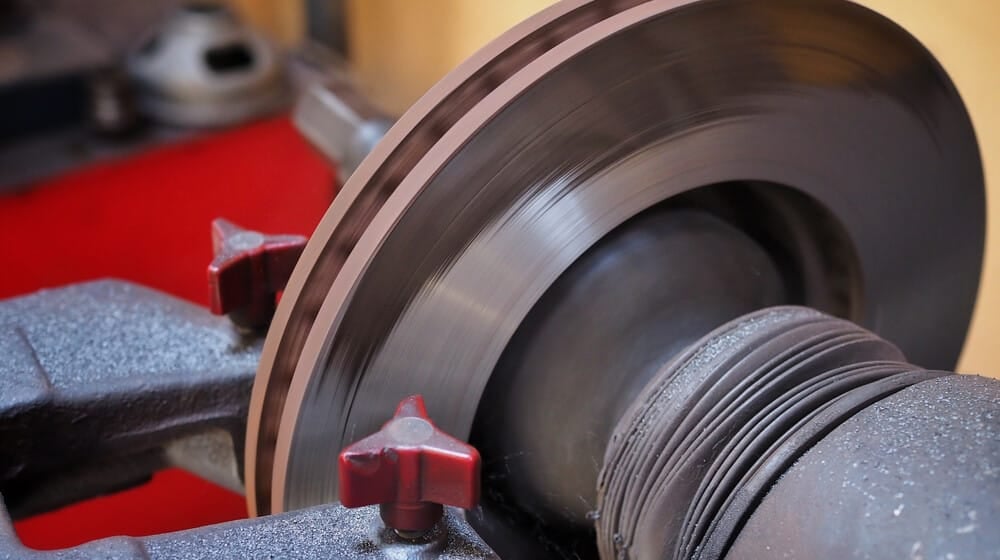
By resurfacing the brake rotors, you can reuse them. Part of the surface of the rotor is removed to provide brand-new performance. With resurfacing, you might be able to get more miles out of the rotor without replacement. Considering that brake rotor replacement can be costly, this provides a good way to save money.
However, to get the brake rotors resurfaced, you need to visit a professional mechanic. It’s unlikely that the average automotive enthusiast will have the appropriate tools in their garage to get the job done right.
How Much Does It Cost to Resurface Brake Rotors?
The average cost for resurfacing brake rotors is between $20 to $40 for each brake rotor. If the shop is already performing a brake pad replacement, this might be included in the service.
If you are doing your own brake pad replacement, you will need to remove the rotors and take them to your local shop. This causes some downtime that won’t make every at-home mechanic happy.
When Should Brake Rotors Be Resurfaced?
The rotors should be examined every time the brake pads are changed. If they are in good enough condition to be resurfaced, it is something to consider. There must be enough thickness left on the rotor to provide adequate braking power.
Some of the material will be shaved off, so that must be accounted for. However, if your brake rotor is thick enough and you don’t mind paying for the service, it’s a great way to get more life out of this vital part and it saves you money too.
Pros & Cons of Replacing Brake Rotors
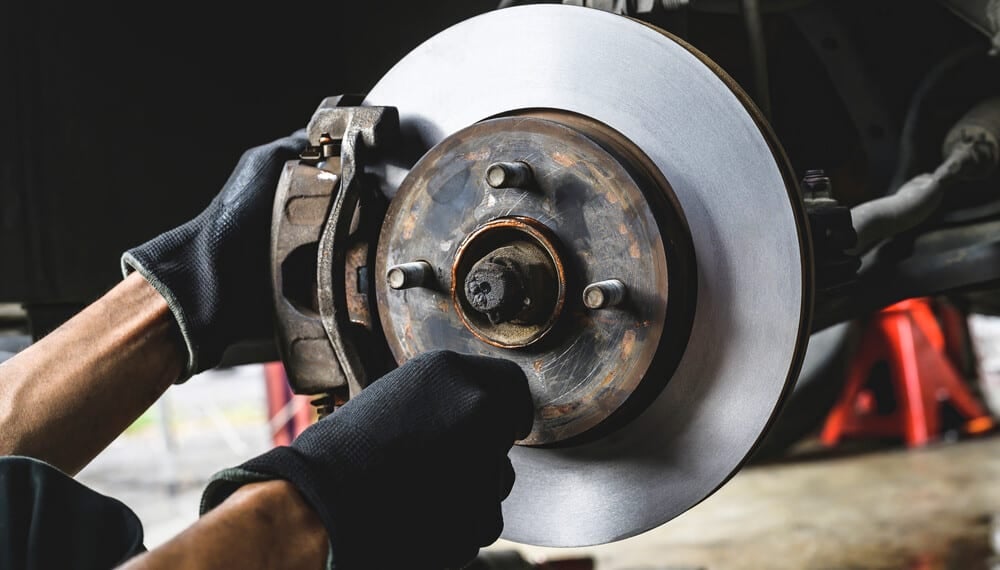
The biggest benefit to replacing your brake rotors is that you can do the job yourself. If you prefer changing your brakes at home, it makes sense to also swap out the brake rotors. You won’t need any special tools or equipment to get new brake rotors installed.
However, this costs more than resurfacing. If you can’t do the job yourself, you are also looking at more costly repair bills to have the rotors replaced.
Replacing Brake Rotor Cost
Typically, brake rotor replacement costs $350 to $500. The cost of new brake rotors might be between $200 and $400, while the labor can cost around $150.
If you can do the job yourself, you are still looking at a lot of money for the rotors. Plus, you will need to pay for the brake pads to be replaced as well.
When Should Brake Rotors Be Replaced?
Modern brake rotors seem to be thinner than older ones. Manufacturers are doing this to save weight, but it is also forcing more frequent rotor replacements. As they get thinner, it becomes impossible to resurface them safely. In fact, some manufacturers recommend never resurfacing their rotors, leaving you with no viable option but to replace them.
In this situation, you can continue to use the brake rotor until it shows signs of wear. You shouldn’t need to replace them every time you get new brake pads, but they should be inspected carefully. If you put new brake pads on with a bad rotor, you are going to quickly ruin the pads, leaving you with another replacement.
If your rotor shows significant signs of wear and can’t be resurfaced because it is too thin, you must replace it. Additionally, it’s always best to replace the rotors in pairs – front and back. If only one side is ready to be replaced, you should replace the other side anyway.
I almost always recommend replacing the brake rotors on modern car models instead of resurfacing them. This is mainly because they are often vented and have thinner material than older car models. It is also because brake rotors have become thinner nowadays.
Categories: Brakes, Maintenance
